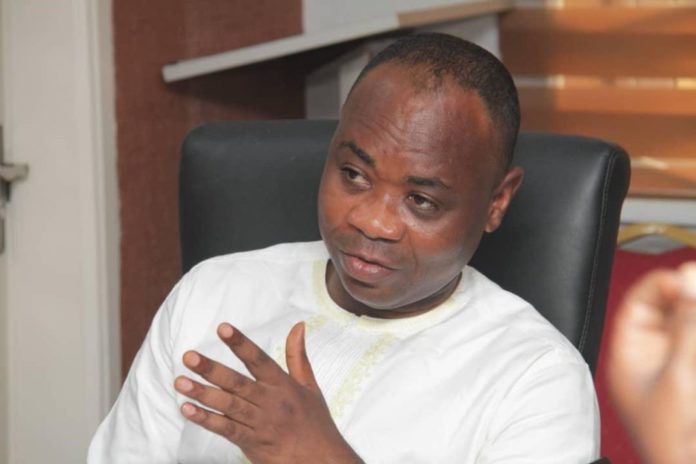
Child Rights International has sued the Attorney General at the Supreme Court over child streetism.
The applicant is asking the court to declare that the Government of Ghana is in breach of articles 15(1), (2), 13(1) and 35(4) of the 1992 Constitution for not ensuring that children receive special protection against exposure to physical and moral hazards as enshrined in the Constitution of Ghana, 1992.
In the writ filed on March 3, the applicant, Mr Bright Appiah, the Executive Director of Child Rights International, stated that child streetism posed threat to the nation’s security and urged the court to compel the A-G, the principal legal advisor to the government, to resolve this conundrum.
The plaintiff said he initiated the instant action in his capacity as a registered organisation interested in upholding the respect for and compliance with the Constitution, 1992 and the rule of law and in ensuring that the rules in question did not infringe the letter and spirit of the 1992 Constitution.
He was asking the court to state whether on a true and proper interpretation of clauses (1) (c) and (d), clauses (2), (3) and (4) of article 28 of the Constitution and clauses (1) and (2) of article 15, clause (1) of article 13 and clause (4) of article 35 of the Constitution, the current conditions of children living on the streets in Ghana were inconsistent with the said provisions.
The applicant whose works sought to protect and safeguard the social, educational, and constitutional rights was asking the court for a number of reliefs and declaration.
Among them was the declaration that the Government of Ghana was in breach ofarticles 25(a), 28 (1) (a), (d), (2) (3) (4), 13(1) and 37 of the 1992 Constitution for not taking urgent steps to ensure that children received special protection against exposure to physical and moral hazards; did not engage in work that constituted threat to their health, education or development and that children were not deprived of medical treatment, education or any social or economic benefit.
Mr Appiah, therefore, urged the court to make an order directed at the government to establish Child Protection Units in the municipals where child exploitation for begging and for work was high.
He also urged the court to issue an order directed at the government to define by
law penalties for family members, local government units and schools that did not guarantee the observance of children in street situation rights.
An order directed at the government to define by law penalties for child exploitation for begging or other forms of economic exploitation to punish all those who may try to benefit or gain money from children’s work.
An order directed at the government to improve the Law on healthcare by defining by law the provision of free primary health services to all poor children, children living in street situation or children in emergency situations.
An order directed at the government to provide rules and procedures to be followed for the provision of free basic medical services to poor children, children in street situation or children in emergency situations and the agencies that could ask for this help on behalf of children.
